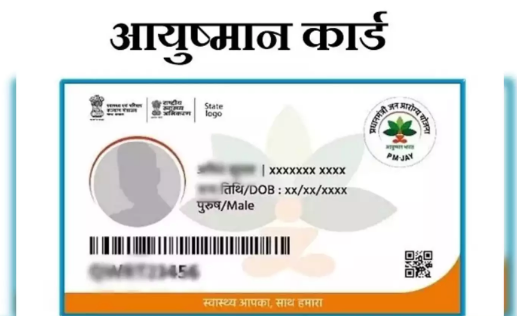In today’s digital age, the need for disposable or temporary email addresses has become increasingly prevalent. Many individuals and businesses seek ways to protect their primary email accounts from spam, maintain privacy during online activities, or facilitate testing without revealing personal information. One solution that has gained popularity is the use of temporary email generators.
What are Temporary Email Generators?
Temporary email generators are online tools or services that provide users with randomly generated email addresses. These addresses are typically temporary and self-destruct after a certain period or after a specific number of uses. While some people use these addresses for questionable purposes, such as creating multiple accounts on websites, they can also be valuable for legitimate reasons.
Testing and Verification
One of the primary use cases for temporary email generators is testing and verification. Developers and testers often need to create accounts on various platforms to evaluate functionality or troubleshoot issues. Using a temporary email address allows them to do so without compromising personal or primary work-related accounts.
Privacy Protection
Concerns about online privacy have led many individuals to seek ways to limit the exposure of their primary email addresses. Temporary email addresses can serve as a shield against spam and unwanted promotional emails. Users can provide a disposable email address when signing up for newsletters, downloading resources, or participating in online forums, keeping their main inbox clutter-free.
Avoiding Phishing Attempts
Temporary email addresses can also be a useful tool in the fight against phishing. By using a disposable email address when dealing with unfamiliar websites or services, users can reduce the risk of falling victim to phishing attempts. If the temporary address starts receiving suspicious emails, it can simply be discarded.
Responsible Use
It’s crucial to emphasize responsible use of temporary email generators. Abusing such services for malicious purposes, such as creating fake accounts or engaging in fraudulent activities, is against the terms of service of most platforms and can have legal consequences. These tools should be used ethically and in accordance with the rules set by the email service providers.
Conclusion
In conclusion, while the concept of a “Gmail generator” for creating fake accounts is not ethical and likely against the terms of service, the responsible use of temporary email generators for testing and privacy protection can be valuable. As technology continues to advance, individuals and businesses should explore legitimate ways to navigate the digital landscape while maintaining security and privacy.






